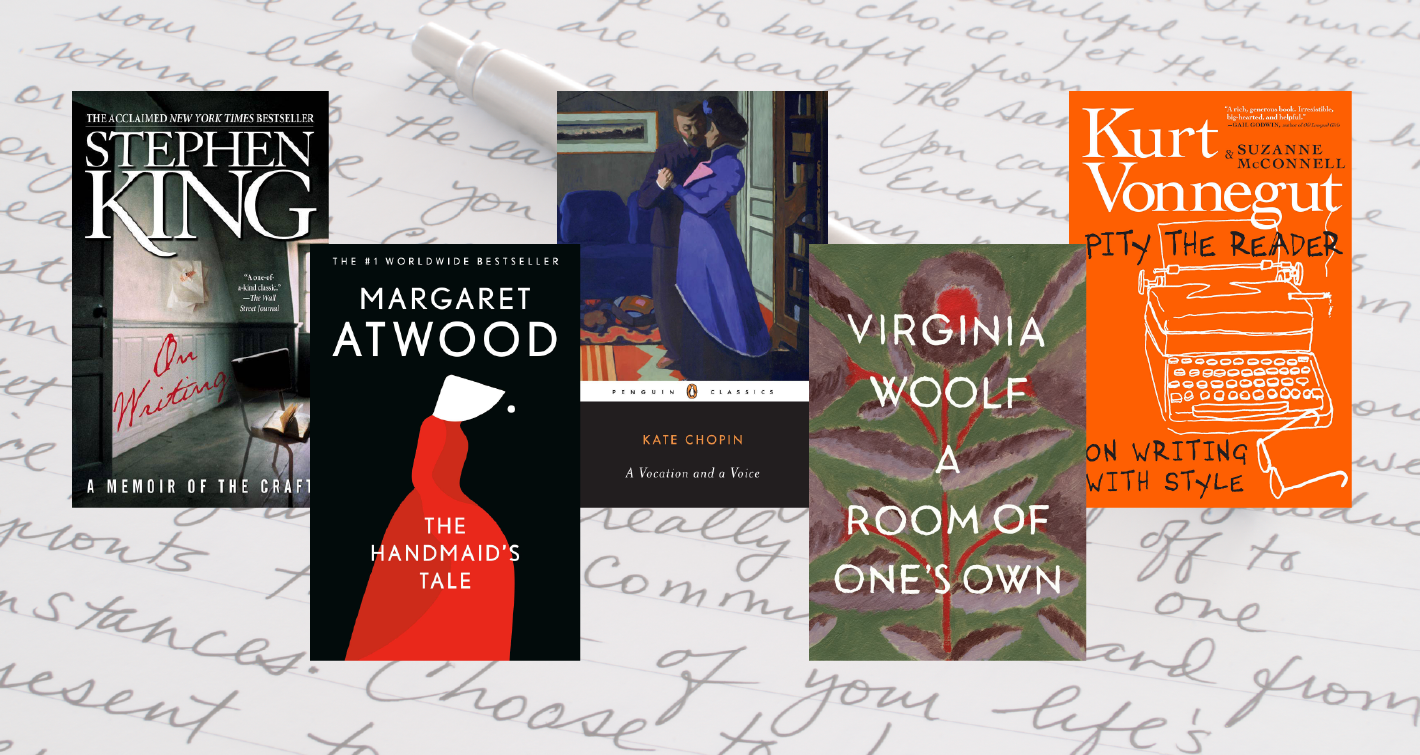I love this question—it made me dig deep and think about who has influenced me. It made me reflect on my writing process and realize there are elements that have evolved, including who influences me.
I read…a lot. I always have. But now my reading is compartmentalized between reading for pleasure and reading for work. Even my work reading breaks down into research reading (i.e. primary documents; reference books) and reading other historical fiction selections for deconstruction, for lack of a better word. So as you can tell, I read a lot for different reasons. Meaning, I have different needs for influence. As such, my influences change as I change as a writer. (My pleasure reading has never really changed—horror and sci-fi. That’s my jam.)
While this question kept me up at night (it did! Imagine being asked what’s your favorite song…or what’s your favorite movie. How would you answer? It’s like that.) But I did hit upon an interesting fact: the writers who have influenced me have two things in common: they made me feel less alone and they all used reality, an element of truth, to make their work relatable. Most of these writers have used historical events or historical figures, at the very least social mores, to create poignant narratives.
Who are they? Drum roll please…

- Stephen King—yeah, yeah, yeah famous, successful…not why I choose him. He is my go-to for characterization. His writing makes me care for characters very quickly. His characters are fully-formed people that aren’t all good or bad and display realistic vulnerability. It was through his writing that I learned that “bad” characters have to have something relatable about them to release the true horror.
- Margaret Atwood—her use of historical events to tell a thoroughly modern story. Did you know that The Handmaid’s Tale is not based solely on her imagination? She dug through history to find examples of how women have been oppressed, which may explain why the story resonates with modern audiences. There is the element of truth, and foreboding, that this could (and is) happening again. Alias Grace, also based on an actual historical figure. But at no point do her novels come across as didactic or dry. It’s just good storytelling.
- Virginia Woolf—changed my life. A Room of One’s Own made me feel less alone. Less of a weirdo. More willing to embrace my creative self. More willing to take a chance with my writing. More willing to take my education seriously. More willing to take control of my life and, finally, start advocating for what I needed to be complete.
- Kate Chopin—has never gotten the recognition she deserves. She is most known by high school students for her short story “The Story of an Hour”, but she is so much more. She wrote numerous essays on the importance of women being allowed an education, to find and follow their own vocation. While her works were rarely published in her lifetime, she never stopped writing and advocating. She stayed the course, and her works were finally published in 1993…1993! Reading A Vocation and a Voice made me realize the importance of writing my truth, to never stop what I’m doing just because it makes someone else uncomfortable.
- Kurt Vonnegut—initially it was his humor, his dark sense of sarcasm and snark. As I learned more, studied the sentence structures and narrative construction, I came to appreciate his ability to address deeply personal, disturbing events and put them into a narrative construct that entertained and informed. I admire his use of the absurd to make social commentary accessible. [If you are a writer, or are just interested in the craft of writing, I highly recommend Pity the Reader: On Writing with Style.]
Those are the five that guide me. They each serve a purpose, both when I originally discovered them and now. Who guides you? Who do you turn to for inspiration?

